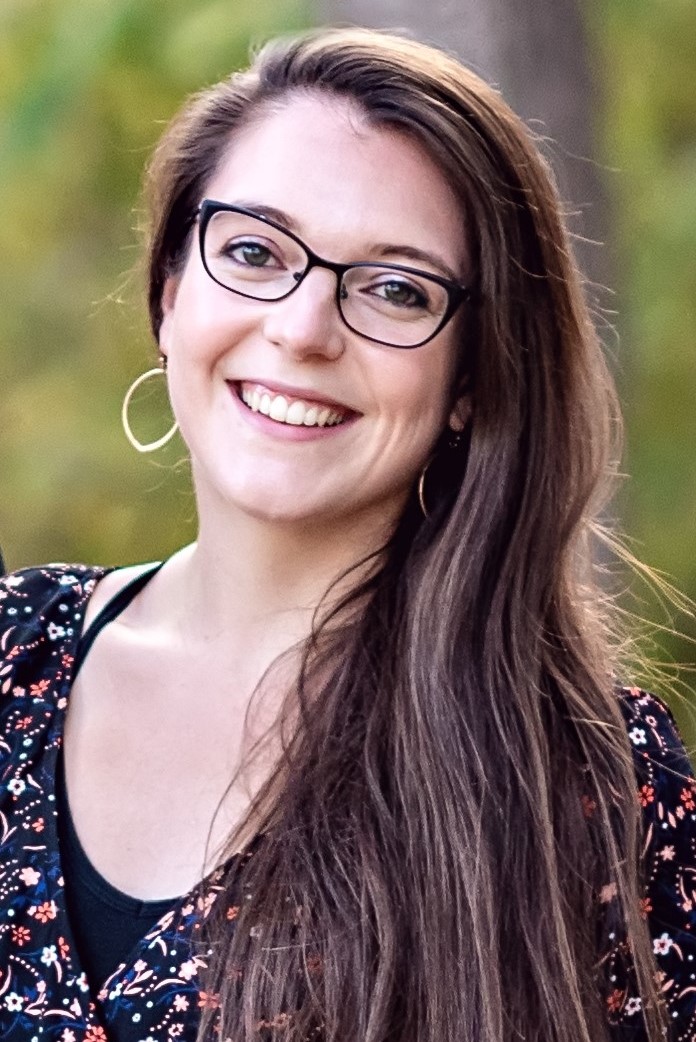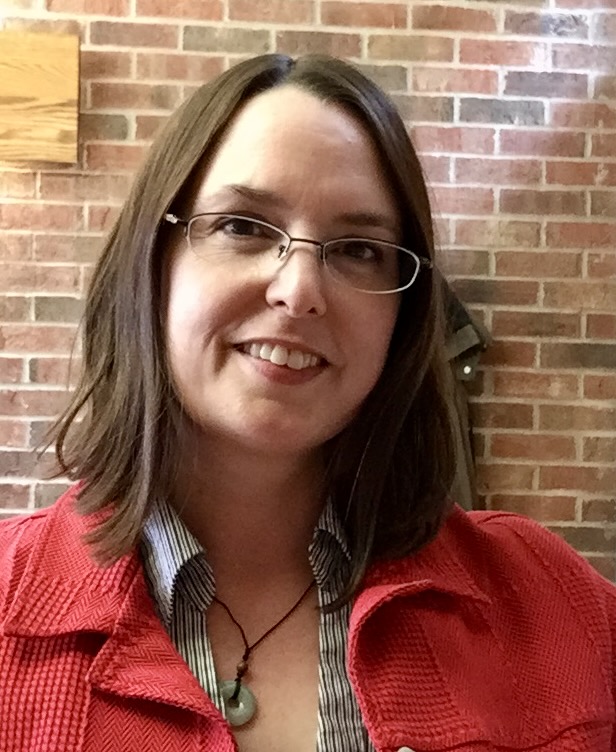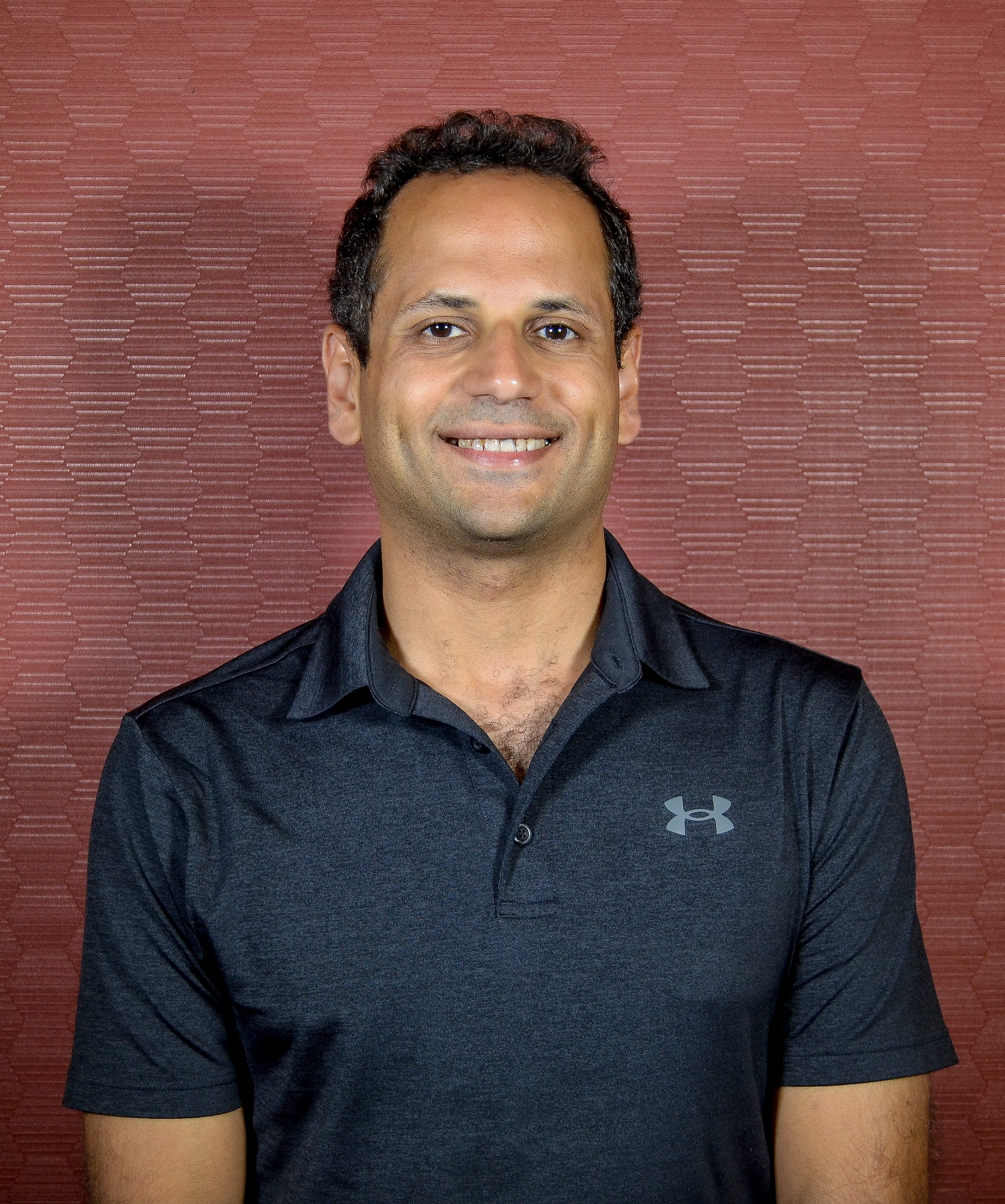Priority Scholar Spotlights
The Priority Teacher Professional Development Scholarship program is designed to promote equity and access to affordable professional development for world language educators who are currently teaching a Less Commonly Taught Language in the United States and/or are currently teaching at a Community College, Historically Black College/University, or postsecondary Minority Serving Institution in the United States.
The program provides funding for selected teachers in these categories to attend a CARLA Summer Institute for no charge. Scholars then carry out outreach activity and/or a classroom-based project based on what they learn at their chosen summer institute.
Below are spotlights of the work done by the first cohort of Priority Scholars in 2023.
Teresa Blumenthal
Priority Scholar in 2023
Institute Attended: Critical Approaches to Heritage Language Education
How did you benefit from the summer institute you attended?
At the 2023 CARLA Institute Critical Approaches to Heritage Language Education: Centering Identities, Race, and Power in Language Reclamation, I greatly benefitted from engaging with the cohort of teachers who attended. The majority of instructors were middle and high school teachers of heritage languages. As a group, we spent a lot of time discussing why heritage learners are a unique group of students and the implications for developing course materials and productive classroom spaces for those learners. Additionally, a lot of instructors were seeking ‘real’ lesson plans, course materials, and activities to immediately implement in their classrooms in the 2023-2024 school year. I was impressed by the care and commitment of the instructors and simultaneously affected by the dissonance between conversations in academia and conversations between practicing 6-12 instructors who wanted to know what they could do ‘on the ground’ and ‘right now’ to improve courses for their students. At CARLA, I determined that I wanted to test resources for instructors that not only could make a sustainable difference for students’ engagement with the heritage language, but was attainable for implementation among teachers battling a shortage of time and resources. In short, CARLA corroborated the importance of applied linguistics, language learning, classroom research, and making information available to teacher and learner populations.
How did you carry out your post-institute activities?
Attending this institute influenced and further propelled the direction of my dissertation project. My project, titled “Social-psychological Interventions in the Language Classroom” concerns implementing social-psychological interventions into the language classroom as a method to increase students’ language learning enjoyment, improve student achievement and persistence in language courses, and to lessen language anxiety. The interventions will be incorporated into coursework at the post-secondary level and will mimic implementation in other heritage language classrooms. I am testing the interventions among heritage and L2 student populations, as well as testing the interventions in heritage-specific, L2-specific, and ‘mixed’ L2-heritage language courses to better understand if a specific student population or learning context influences how much students are impacted by the interventions. One of the express intentions of this project is testing the efficacy of interventions that do not require substantial time and financial resources with the ultimate goal of instructors being able to successfully implement helpful classroom interventions.
Do you have other thoughts to share?
The institute further corroborated the need for a connection between research and practice. It is easy to want to serve the population I study in my career, but after CARLA, I can see some of the challenges of doing so. I hope to not only conduct research central to teachers' questions and pressing issues, but also find a method to share and aid in implementation of educational resources. CARLA brought to light where the heritage language curriculum can improve and provided a wonderful environment to learn and inspire me in my future practice.
Teresa Blumenthal teaches Spanish and is a Ph.D. candidate in the Spanish and Portuguese Department at the University of Texas at Austin. Her research interests include Spanish as a Heritage language, language learner motivation, Spanish in the U.S., and language ideologies. Her teaching interests include curricular development that can benefit heterogeneous learner populations in the same classroom.
Submitted January 2024.
Shannon Cannella
Priority Scholar in 2023
Institute Attended: Integrating Career Readiness into Language Programs
How did you benefit from the summer institute you attended?
The CARLA Summer Institute provided me with updated theories, methods, and cross-cohort learning opportunities that transformed my approach to career readiness in the language classroom. I am developing a new course at Hamline: Chinese for the Professional. Initially, I envisioned a course based on building linguistic and communicative skills, sets of sector-specific vocabulary, and a mock job fair as a final project. The CARLA institute helped me think less literally about specific employment areas and to focus more broadly on a wider range of career and life skills applicable to any professional career.
In the seminar, I was reminded that meaningful “career readiness” begins with self-knowledge. My curriculum does not need to be job-specific; rather I can give students the opportunity to identify dreams and goals that led them to pursue a college degree, to articulate skills gained in and out of the classroom, to know their competencies, both personal and professional, and to state future dreams and aspirations. In the course led by Prof. Sara Mack, we started in exactly this place with a Think, Pair, Share activity: go back to your 18 year old-self and consider the journey that led you to a career as a language educator. What were your dreams? What complications did you encounter? What support did you receive? Who was instrumental in helping you along the way? We journaled and shared. To give students a similar opportunity to know their own story as they prepare to leave college and venture out is as important (or more important) than learning vocabulary and discourse specific to specific employment sectors.
How did you carry out your classroom-based activity?
This course familiarized me with the core career competencies outlined by NACE (National Association of Colleges and Employers) and the University of Minnesota’s Ten Core Competencies for Career Readiness. Our Institute cohort compared these with ACTFL (American Council for the Teaching of Foreign Languages) guidelines and understood more clearly how language teachers are already working with students to develop many of these competencies, such as Digital Literacy, Oral and Written Communication and Engaging Diversity. We learned ways to advocate for our programs and for our students by being more clear about the core competencies skills developed in our classrooms. This includes developing syllabus statements, website landing page information, and augmenting lesson plans to better describe the career readiness skills developed in an assignment. We agreed that a critical step for student success is to make time for self-reflection and the articulation of skills gained following completion of an assignment or at the end of the semester.
For my project, implementation took two directions. First, I wrote a career-readiness syllabus statement and edited our program curriculum map to include specific core competencies development embedded in each of my courses, from Beginning Chinese to Advanced Intermediate. These included skill areas such as: Digital Literacy, Oral & Written Communication, Active Citizenship & Community Engagement, and Engaging Diversity. Next, I created a lesson plan based on the Framework for 21st Century Skills, another area of competencies introduced in the CARLA workshop. What I like about the 21st Century skills is the clear focus on Global Awareness and the descriptions of each skill area which employs an excellent range of active verbs. This gives the competencies a real-life dimension. I spent several days translating this document into Mandarin. For the assignment (under development), students in my class will first engage with the Framework as a checklist of their existing strengths, next as a checklist of skills they hope to expand, and finally they will use this language to construct several statements in Mandarin, describing their strengths and experience, that can be added to their LinkedIn page or to a bilingual resume.
Do you have other thoughts to share?
The CARLA Institutes have been invaluable in my professional development as a language educator. A big plus has always been meeting educators from institutions across the country and the world.
Shannon Cannella is a faculty member at Hamline University in St. Paul, MN. She teaches all levels of Chinese in addition to sections of Chinese History and Asian Art History. Shannon holds a BA from the University of Minnesota and a MA and PhD from Columbia University.
Submitted January 2024.
Ayman Elbarbary
Priority Scholar in 2023
Institute Attended: Transforming the Teaching of Language Online (TTLO)
How did you benefit from the summer institute you attended?
This CARLA Summer Institute was highly beneficial for me. Although I have experience teaching languages in person and online, I needed to gain knowledge on how to teach languages asynchronously. The summer institute TTLO helped me learn about creating a whole asynchronous Arabic course. I learned how to put myself in the students’ shoes when I designed my activity and tried to answer them before assigning them to the students. Additionally, I learned how to integrate the four language skills in an asynchronous language activity. Assessment was also one of the areas that I developed through CARLA, especially designing rubrics (e.g., a team contribution rubric). The summer institute instructors modeled ways in which I can involve my students in an asynchronous class.
How did you carry out your classroom-based activity?
I implemented a variety of activities into my asynchronous teaching. For instance, I had my students meet via Zoom and arrange a dinner and a movie night. The students recorded the role-play and submitted the link via the learning management system.
In the future, I plan on asking the students to interview some of the locals inIndianapolis and Bloomington areas. They will start by choosing a topic (e.g., Arab cuisine) and conducting interviews in Arabic with Arab locals. They will create a series of podcasts, share them with their classmates, and present their findings from the projects. At the end of the semester, they will write a reflection paper in Arabic to reflect on their experience.
Do you have other thoughts to share?
This program is amazing and I am glad that I had a chance to participate in it. I learned many new teaching techniques and creative activities to implement in my asynchronous classes.
Ayman Elbarbary is an associate instructor at Indiana University. He holds an M.A. degree in Applied Linguistics from Ohio University and has been a Fulbright Foreign Language Teaching Assistant at the University of North Georgia. He taught Arabic at Ohio University, English at the American University in Cairo, and Ahram Canadian University. Ayman is a double-major Ph.D. student in the Instructional Systems Technology and Middle Eastern Languages and Cultures departments at Indiana University.
Submitted January 2024.
The Priority Teacher Professional Development Scholarship program is sponsored by the Center for Advanced Research on Language Acquisition (CARLA) as a U.S. Department of Education Title VI Language Resource Center initiative.
